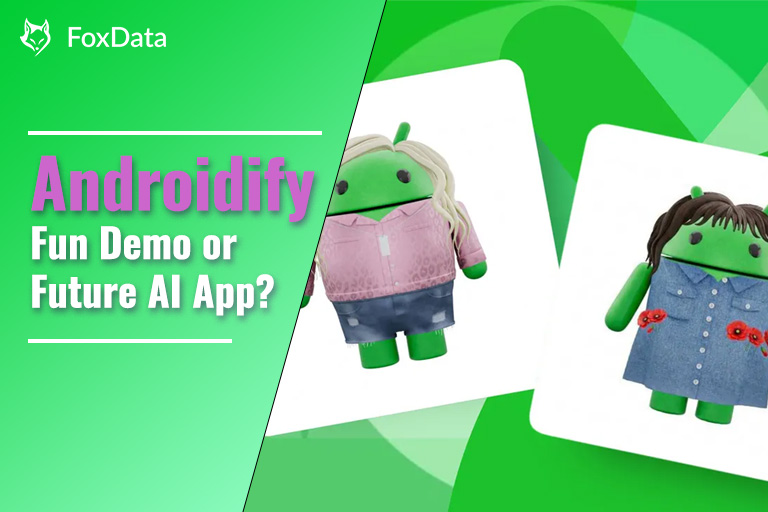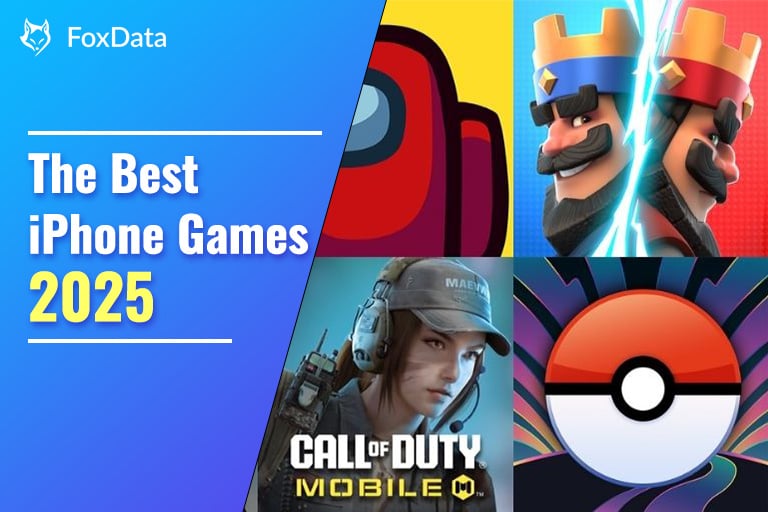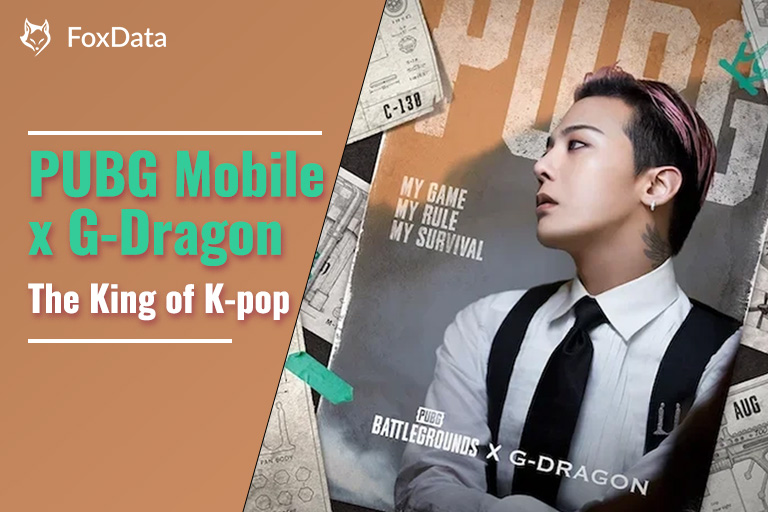Google I/O 2023: Introduces AI Features and Other Updates to the Play Store
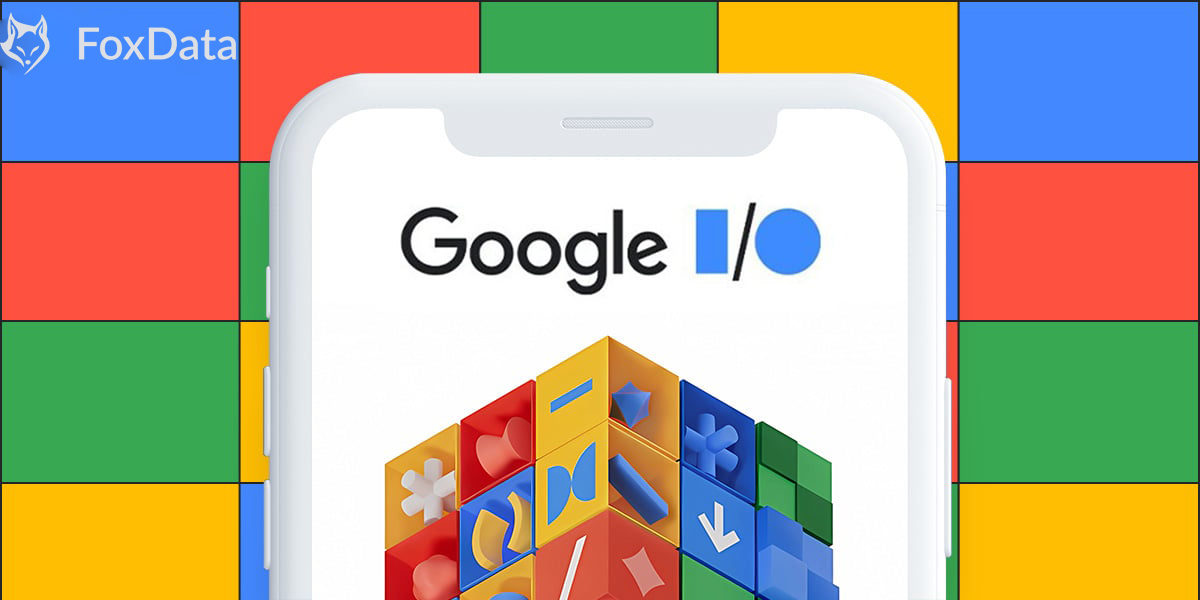
During Google's developer conference, Google I/O, the company announced that it is integrating its AI technology into the Play Store, offering developers new opportunities to build and enhance their Android applications. Along with various promotional efforts, such as automated translations, developers can use Google's AI to optimize their apps for the Play Store, reaching a wider audience.
Google is taking steps to integrate AI technology into all aspects of its offerings, including search engines, productivity apps, and code writing tools. These updates also open up the potential for using AI in app publishing and promotion. It has led to speculation about whether Apple will introduce similar tools at its upcoming developer conference, WWDC, in June.
Play Store Updates
In addition to the AI-powered features, Google is introducing updates to the Play Store and other developer tools to help developers expand their app businesses. Developers can now customize their app listings to target inactive users and encourage them to re-engage with the app.
Google has also expanded the capability of custom store listings, allowing developers to create at least 50 custom listings by country and pre-registration status. Developers can use Google Ads App campaigns to display these customized listings to users on AdMob and YouTube, targeting specific user segments on Google Play. To simplify this process, Google is introducing Store Listing Groups that can be created by modifying the base listing and overriding certain elements.
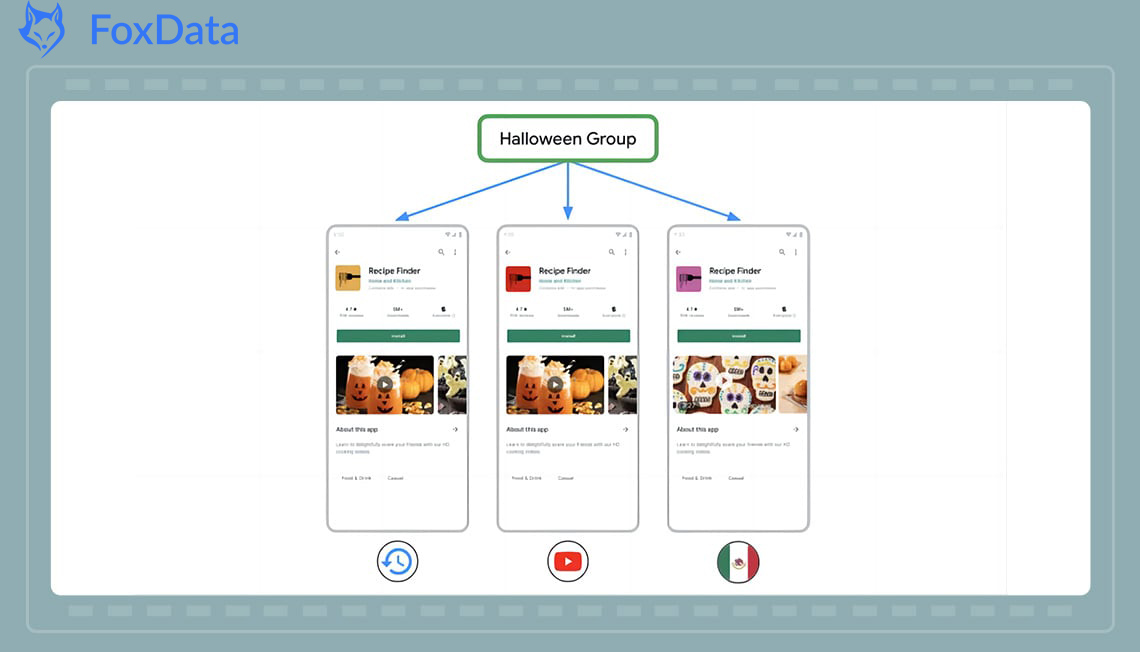
Furthermore, Google discussed new features for subscriptions, including the ability to offer different auto-renewing and prepaid plan prices for multiple prices per billing period, including recurring discounts for VIP users. Google also mentioned its User Choice Billing Pilot program, which allows developers to offer third-party billing options alongside Google Play Billing's system at a slight discount. Spotify and Bumble are among the first to adopt this program.
AI Updates
Google has introduced a new AI feature for app developers called the Generative AI tool. This tool uses the PaLM 2 model to help developers create Play Store listings. It generates draft copy based on prompts provided by the developer and can be edited, discarded, or used as-is. While this feature can help developers create engaging app descriptions, it may also lead to increased app spamming.
One potential benefit of this feature is that it can help developers who struggle to express their app's features in an appealing way. However, it may also result in more app spamming as it simplifies the process of creating app listings.
Another AI feature, called "User Review Summaries," compiles users' comments about an app from reviews on the Play Store. This allows potential users to quickly assess an app's strengths and weaknesses. The tool is currently available in English, with support for other languages expected later this year. Additionally, developers will have access to a machine translation tool powered by AI to translate their app and Play Store listings into ten languages within minutes.
Furthermore, Google has announced that developers will have access to an AI-powered machine translation tool for quick translation of their app and Play Store listings into ten languages using Google Translate. The translation process is expected to take just a few minutes and will be available through the Play Console.
These new AI tools align with Google's focus on integrating AI technology into its existing services, as showcased at Google I/O. The Generative AI tool is now available to developers.
Promotional Content
Google Play is introducing Promotional Content, allowing app developers to promote special events in their apps, such as new content or exclusive offers. Currently, nearly 25,000 apps and games have access to Promotional Content, and it will become available to more titles this year.
In-app events will also be featured in new locations in the Play Store, including Play Store notifications, the For You section on the Apps and Games tabs, Play Store search results, and the Search screen before users enter a query. Google has also been testing ads in this location.
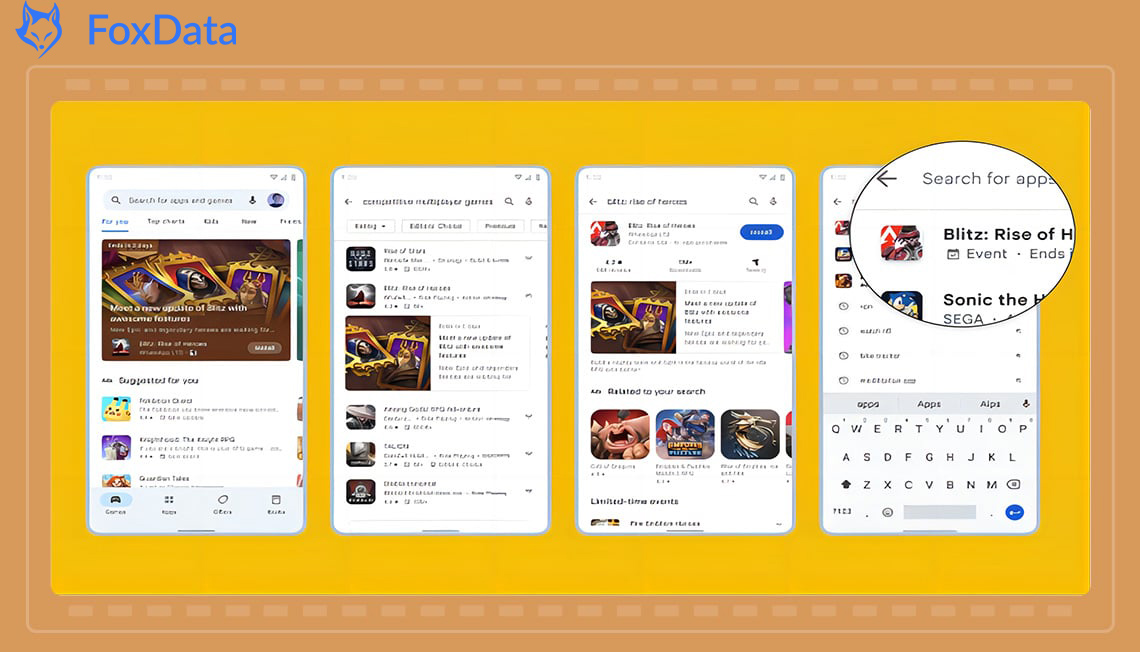
Developers will be able to track the performance of their Promotional content and in-app events through an updated reporting section in Google's Play Console.
Google has introduced a unified framework for app and game quality to assist developers in understanding the criteria for "high-quality" apps and games that are eligible for promotional features such as events and content promotion. This framework will be accessible through this link.
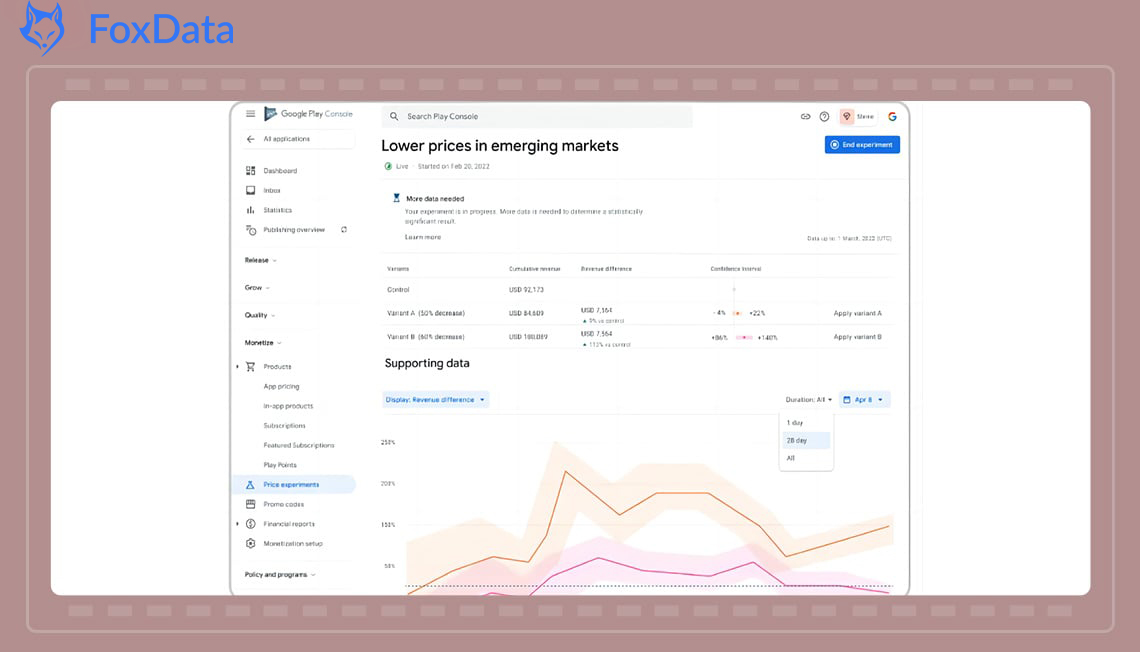
Later this month, developers on Google Play will have the option to run price experiments for their in-app products and test different price points in various markets. Additionally, a new type of promotional content called "Featured Products" will allow developers to sell their in-app items directly on Play. These products will appear in individual cards below the app listing and can be nominated for promotion across other areas of the Play Store.
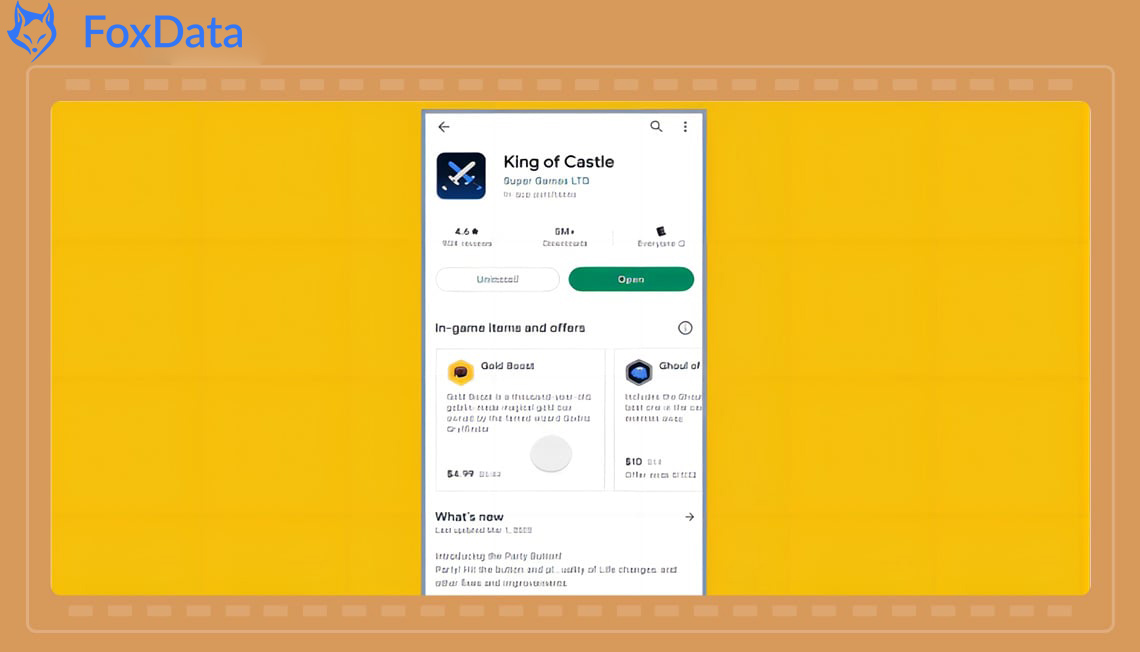
These changes will be rolled out at different times, with some happening in the next few days and others throughout the year. The app store market is evolving, and users are not just interested in downloading new apps but also in staying informed about updates and in-app purchases. That's why Google Play now allows developers to market more than just app downloads.
Welcome to read more App Marketing News & Trends on AI!
Now just join FoxData and embark on a journey of business growth as we unveil a FREE App Data Analytics Tool, which boosts your downloads, increases your user base, and watches your performance soar to new heights!


